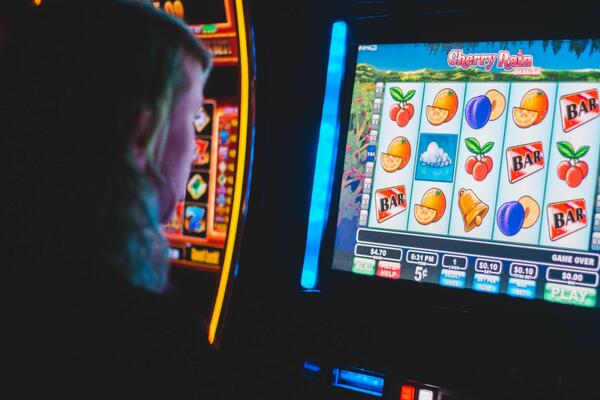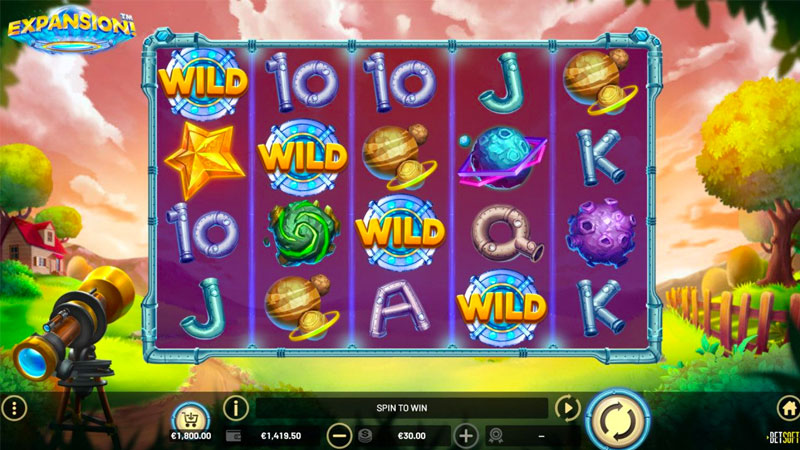Cognitive fatigue and decision overload are two important factors that can impact the performance of individuals engaged in high-frequency play at KU9. These concepts are particularly relevant in the context of online gaming, where players are constantly bombarded with information and stimuli that require rapid decision-making and cognitive processing. In this article, we will explore the implications of cognitive fatigue and decision overload on high-frequency KU9 play at KU9, and discuss strategies for mitigating these effects.
1. Cognitive Fatigue in High-Frequency Play Cognitive fatigue is a state of mental exhaustion that can result from prolonged periods of cognitive activity. In the context of high-frequency play at KU9, cognitive fatigue can manifest as reduced attention, slower reaction times, and impaired decision-making abilities. This can have a significant impact on a player’s performance, leading to suboptimal gameplay and decreased enjoyment.
One of the key contributors to cognitive fatigue in high-frequency play is the constant stream of information and stimuli that players must process. In fast-paced games like KU9, players are required to make split-second decisions in response to changing game conditions, which can quickly deplete mental resources and lead to cognitive overload. Additionally, the repetitive nature of gameplay can also contribute to cognitive fatigue, as players may become bored or disengaged with the game over time.
2. Decision Overload in High-Frequency Play Decision overload occurs when individuals are faced with an excessive number of choices or stimuli, making it difficult to make decisions and take action. In the context of high-frequency play at KU9, decision overload can occur when players are bombarded with too many options or information, leading to confusion and indecision.
One of the main sources of decision overload in high-frequency play is the sheer volume of choices that players must make on a continuous basis. From selecting game strategies to responding to in-game challenges, players are constantly required to make decisions that can impact their gameplay experience. This can be overwhelming for some players, especially those who are not accustomed to making quick decisions under pressure.
3. Mitigating Cognitive Fatigue and Decision Overload To address cognitive fatigue and decision overload in high-frequency play at KU9, it is important for players to be aware of their mental states and take proactive steps to manage their cognitive resources. One effective strategy is to take regular breaks during gameplay to rest and recharge the mind. By stepping away from the game for a few minutes, players can give their brains a much-needed break and reduce the risk of cognitive fatigue.
Another useful approach is to practice mindfulness and stress-reduction techniques, such as deep breathing or meditation, to help maintain focus and clarity during gameplay. By training the mind to stay present and aware, players can improve their decision-making skills and reduce the likelihood of cognitive overload.
In conclusion, cognitive fatigue and decision overload are important factors to consider in high-frequency play at KU9. By understanding the impact of these factors on gameplay and implementing strategies to mitigate their effects, players can improve their performance and overall gaming experience. It is essential for players to prioritize their mental well-being and take steps to manage their cognitive resources effectively in order to succeed in high-frequency play at KU9.












